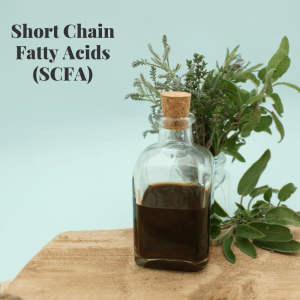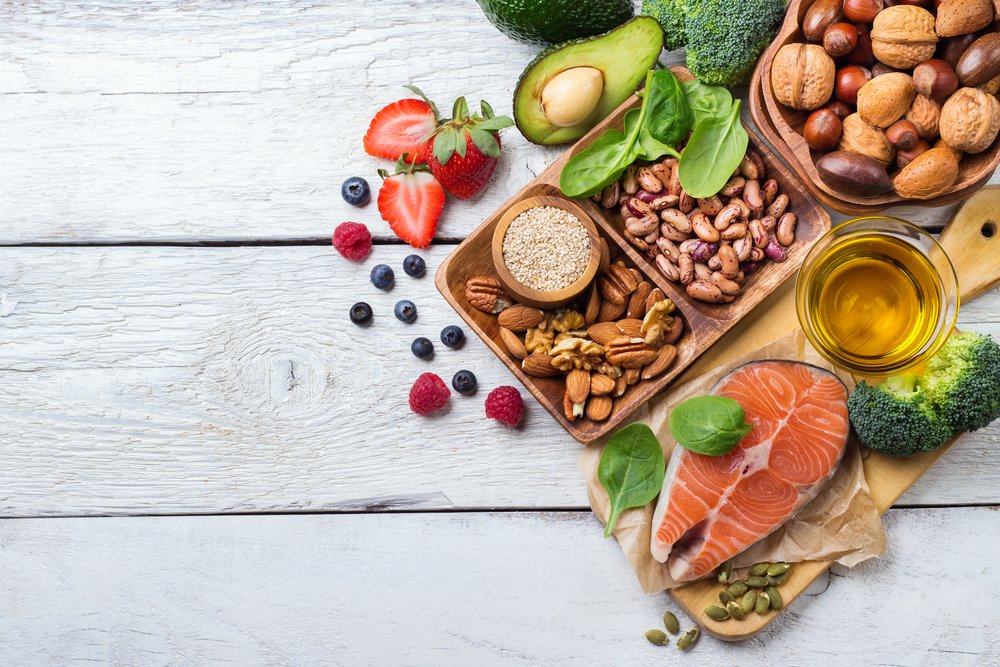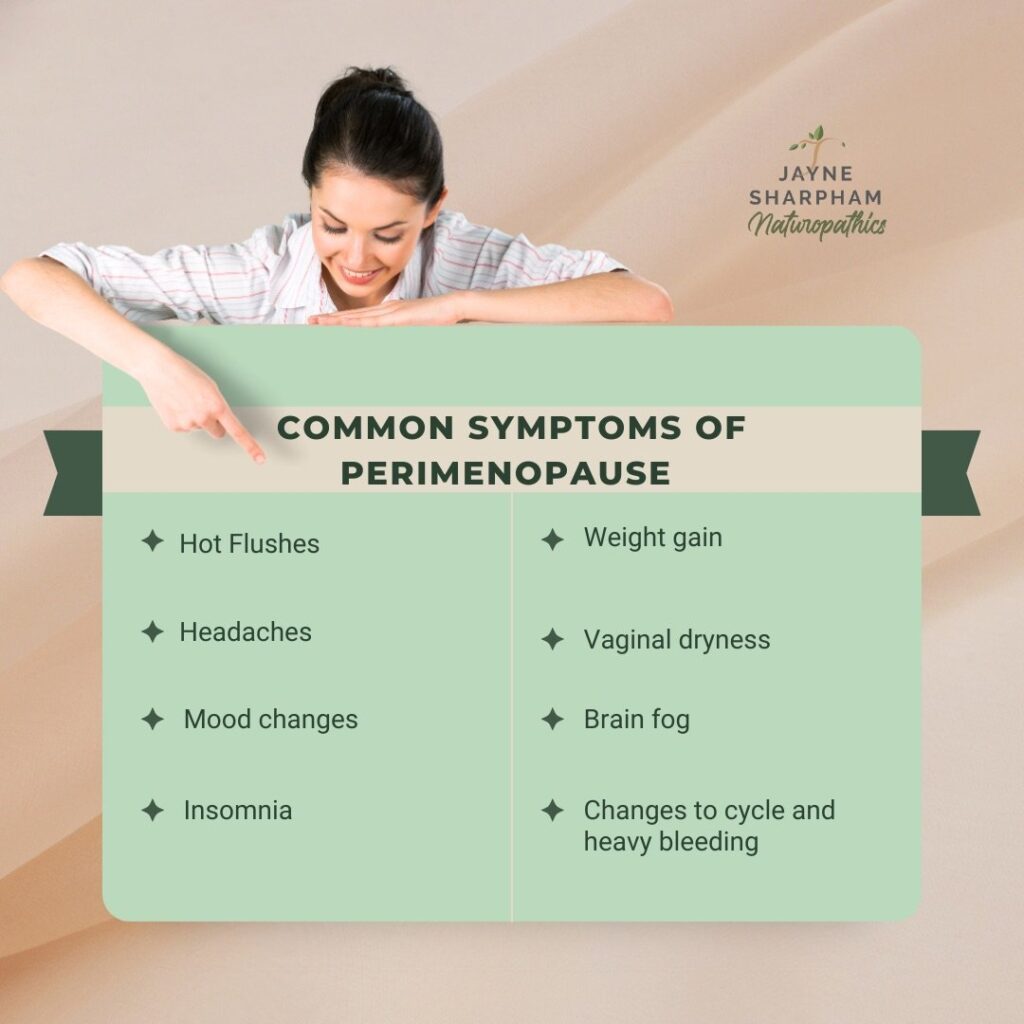The importance of a healthy gut & new testing

The human microbiome is composed of bacteria, archea, viruses and eukaryotic microbes that reside in and on our bodies. These microbes have huge potential to impact our health.
I was excited to travel to Sydney recently to attend a seminar on the latest in DNA stool analysis. I was able to understand more about how the gut microbiome and gut environment can influence health. I am excited to be able to use this testing in clinic to help my patients have better health . It is a useful test for both digestive issues and also preventative health

Source: Moya & Ferrer – Trends in Microbiology (Google images)
Why is a healthy microbiome important?
A healthy microbiome is very important for optimal health.
A more diverse gut microbiome the more we see enhanced health benefits with the following:
resistance to the nasty effects of some parasites
reduced inflammation
better mental health
better weight and control of appetite
better use of blood sugar regulation
better use and production of B group vitamins
better stool quality and motility
ability to detox
What can affect the health of the microbiome?
A healthy microbiome can be affected by infection, diet, xenobiotics (enviromental toxins, medications, antibiotics) , hygiene, genetics, stress and environment.

Image source: Vital.ly practitioner resources
Why test?
The new MetaBiome test is exciting as it looks at the whole genome of the gut. It is able to give us specific information about what species of microbes are living within the large intestine. This can help us understand any pathogenic (disease causing) microbes, microbes that may contribute to inflammation, digestive issues and weight gain. Because the microbiome has so many vast impacts on our health, its important that we have high diversity of microbes to protect us from disease and help prevent overgrowth of parasites/harmful microbes. We also want healthy levels of metabolites from microbes as this aids in optimal health.
What are metabolites?
Metabolites are the product of the microbes living in the digestive tract that can have a positive or a negative impact on our health. As you can see in the top diagram, they cross the mucous layer of the intestines and circulate into our blood stream, sending signals to the rest of our immune system. So you see, they are very important.
Lets start with the good metabolites…

When we eat fibre our healthy gut microbes cause fibre degradation. This produces short chain fatty acids (SCFA). There are a few main types of SCFA – Butyrate, Propionate, Acetate, Lactate and Indolepropionic Acid (IPA):
Butyrate (produced when we eat resistant starch such as potatoes and rice). Butyrate is important for a fuel source for our colon cells (energy), maintains cell integrity, cell signalling- reduces appetite and reducing inflammation, aids gluconeogenesis (glucose balance), aids serotonin production, increases gut motility. Faecalibacterium Prausnitzii is a star in the bacteria world of being able to produce butyrate.
Propionate – aids glucose balance, aids appetite supression, cell signalling, serotonin , gut motility. Akkernansia muciniphila is a top propionate producer. It lives in the mucous layer. Low levels have been shown in obesity, and type 2 diabetes and those with high fat diets. It also helps to maintain a healthy gut cell barrier. However, it can become overgrown (Over 10%) which can trigger other health issues.
Acetate – can cross the blood brain barrier (BBB) and regulate appetite (we are unsure exactly of the amount needed for this), aids inflammation. Bacteroides spp are a key acetate producer. Ruminococcus bromii is a strong acetate producer and feeds off resistant starch.
Lactate (Main foods that produce this are fructoligosacchardides (FOS), galactooligosaccharides (GOS)- highlighted below). Lactate increases acidity in the gut which can be beneficial. Lactate can also be converted by other gut species into butyrate, propionate and acetate. It is helpful for reducing inflammation, and can aid fat burning (lipolysis)
Indolepropionic Acid (IPA) is a powerful antioxidant and is also fed by fibre. It has strong anti-amyloid properties making it neuroprotective, may aid insulin resistance and aid healthy intestinal cell barrier and reduces inflammation. Not many species produce IPA and not everyone will produce this.
Other helpful metabolites include
Folate – our large intestine can absorb microbial folate which may contribute to 37% of human requirements. Folate is important for healthy red blood cells, cellular replication and repair. We can make a small amount of some of our other B group vitamins in the gut also.
Tyramine- stimulates serotonin in the gut which aids gut motility.
GABA production- we don’t know if GABA produced by gut bacteria can impact on brain chemistry. GABA is a neurotransmitter that helps with reducing anxiety and depression. We do know the GABA produced by gut species can be used as a fuel source for the gut microbiome.
Oxalate degradation species- people who are more prone to kidney stones (calcium) will have less oxalate degradation markers.
And the not so good metabolites….
LPS (Lipopolysaccharides). High levels of LPS can cause inflammation, memory issues and brain inflammation (we know this may affect depression, anxiety, autism). Bacteria like Klebsiella pneumoniae, Escherichia Coli, Enterobacter cloacae, Salmonella spp, Citrobacter spp., Aeromonas spp along others are LPS producing species. I commonly see these with stool testing in patients. LPS only seems to be an issue with a high fat diet. LPS will be carried these via the gut lumen via our fat transport system.
Hydrogen Sulphide. This metabolites can be protective in low levels, however it starts causing issues at high levels. It will affect mitochondrial activity which may affect energy production. If there is increased intestinal permeablity, then hydrogen sulphide can reduce gut motility. It is elevated in inflammatory bowel disease and colon cancer. One of the superstar bugs that produces hydrogen sulphide is bilophila wadsworthia. This bug feds off bile acids due to diet high in saturated fat.
Trimethylamine (TMA)- fed by diets high in saturated fat (eggs/meat). Produces a metabolite called TMAO which is oxidative. Increases cardiovascular disease and platelet aggregation and increases inflammation
Ammonia. Higher levels of ammonia can lead to increased urease which is linked in with inflammatory bowel disease, chronic kidney disease. Ammonia disrupts the intestinal cell barrier and is toxic to the nervous system.
Histamine- we all know how inflammatory histamine can be and how it is linked with allergies, rashes and asthma.
Bacteroides fragilis toxin – research needs to be done in this area as it was thought it was implicated with colon cancer and inflammatory bowel disease. Studies are conflicting. This toxin is associated with diarrhoea.
Methane- produced by Archaeal species, the most common is Methanobrevibacter smithii. High levels of methane can promote constipation.
Prevotella copri species are prone to being overgrown. Can use protein and fibre as a fuel source. It can be very helpful, but if its using protein as a fuel and not fibre it can cause issues. It is linked with rheumatoid arthritis.
Succinate – made from bacteroidetes. Can be converted to helpful metabolites such as butyrate. However, when it builds up it can be linked with obesity and type 2 diabetes due to metabolic issues. Also can increase inflammation. If someone is healthy it will be used straight away.
Beta-glucuronidase (GUS) – this metabolites needs to be at the right level. I frequently see it elevated in test results. The basic process of GUS is that the liver attaches a molecule to a drug or a metabolite to mark it as used. This should be eliminated with a healthy diet with enough fibre and good microbiome levels. If these things are not correct, metabolites marked as “used” become fuel for the gut bacteria and this the reactivates the toxin, drug and hormones. We see higher GUS levels then ideal. This is not what we want!!
Fungi. We occasionally see fungi in the gut microbiome. The most common seen is Candida albicans. Candida is linked with inflammatory bowel disease, thrush, poor immunity, energy issues.
Did you survive reading that?
Certainly makes us think about the environment of our gut and how it can be impacting on our health.

Why probiotics?
Interestingly lactobacillus spp. (which we frequently see in probiotic formulas) do not colonise the human gut. They are only transient and are derived from food and the oral microbiome. We do have naturally occuring bifidobacterium spp., especially as babies. This is the other main probiotic we see on the market.
Lactobaccillus spp. and bifidobacterium spp. as still really important however. We can use strain specific probiotics to help influence a healthy gut microbiome. Probiotics can activate functions in the gut and create the right environment. Rather than colonise the gut they aid immune function and may change gene expression in the microbiome. They may also assist in gut repair.
When choosing a probiotic ensure you are choosing a strain specific probiotic, with a stable and therapeutic dose.
Why prebiotics?
The key to feeding the helpful good bacteria in your gut lies in prebiotics.
The role of specific prebiotics can help helpful microbes to flourish. For example, including the prebiotic fructoligosacchardides (FOS) in larger numbers can help reduce hydrogen sulphide production which may aid in reducing diarrhoea. Below are some important food sources. Try and include a variety of plant based products in your diet to be able to supply your gut bacteria with the best variety of fuel to flourish.

Fructoligosacchardides (FOS)- found in garlic, jerusalem artichoke, leek, onion, asparagus, banana, barley, honey, rye, tomato
Galactooligosaccharides (GOS)- found in beans, tofu, cashews, pistachios, pasta.
Resistant Starch- potato (especially if cooked and cooled), green banana and ripe banana, cashews, rolled oats (raw), white beans, lentils, rice
Fibre- flaxseeds, vegetables, fruits, whole grains
Polypenols- berries, plums, peach, tea, cocoa, cranberry (think purple and red fruits/vegies)
Other prebiotic foods- pomegranate, dried fruits, cabbage, fennel bulb, kiwi fruit, beetroot, snow peas, watermelon, grapefuit.
In clinic we may use specific prebiotic powders to for specific areas of concern.
Want more specific support?
We are only too happy to help you further with getting your digestive health back on track. We have a new test available, the latest in stool analysis, using DNA based technology. This test is called MetaBiome and tracks the whole genus of intestinal microbes, plus gives us all the metabolite levels. It is based on a faecal swab and testing is completed in Australia. This is a helpful test for those that have digestive issues, or those that simply want to have optimal wellbeing and look at preventative health measures. As we have read, the gut influences so many other health areas so it only makes sense that we ensure it is at its optimal function. The investment of this test is $399. Please call us on 0257135585 to enquire.
We have many systems in place to help repair and restore gut function, along side optimising nutrition. I look forward to seeing you in clinic soon.

MetaBiome reports with individualised diversity scores….
References available on request







Responses